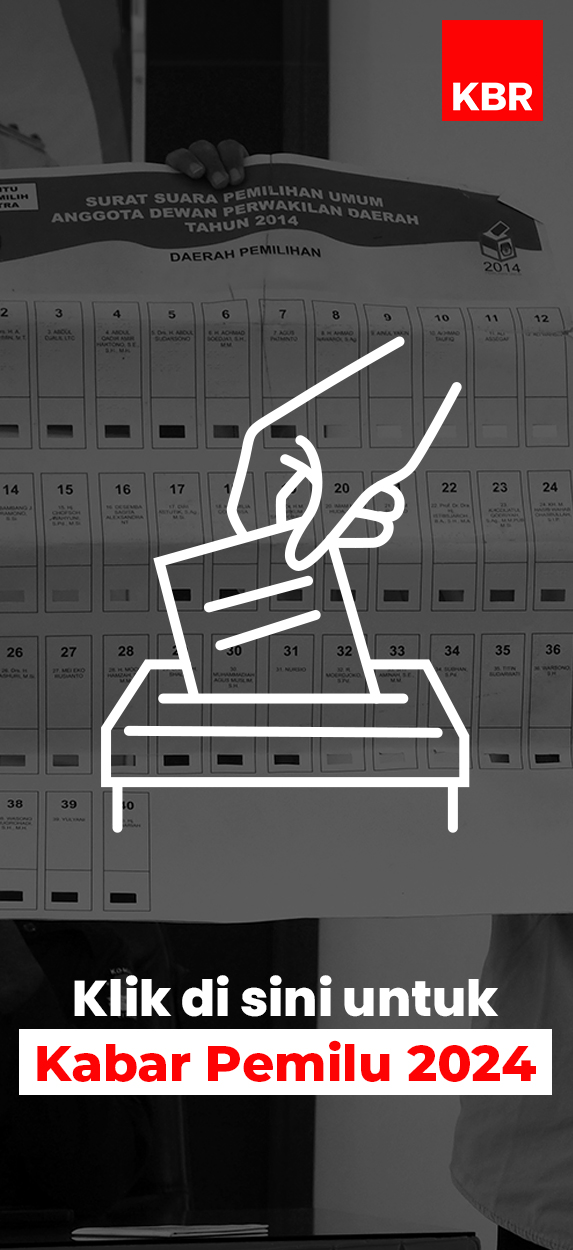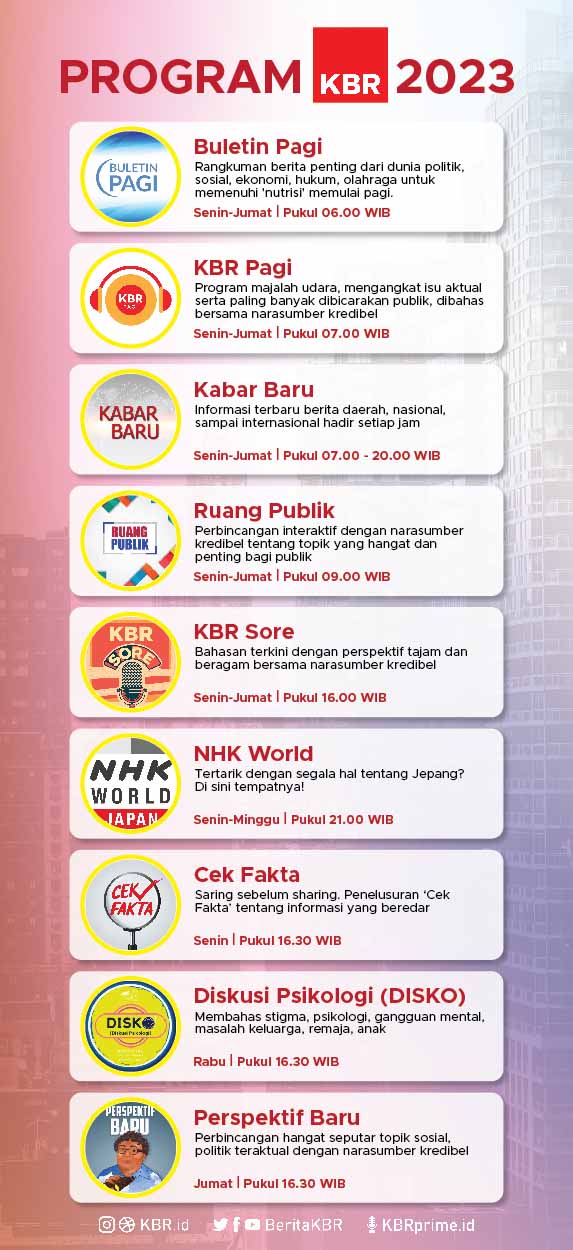The Afghan city of Ghazni was recently declared the Asian capital of Islamic cultures.
This ancient city has long been renowned for its Islamic and pre-Islamic architectural wonders, poets and scholars.
More than a thousand Afghans from different parts of the country joined the festival to celebrate the declaration of Ghazni as the Asian capital of Islamic cultures. Dances and other attractions were held as part of the event.
Ghazni city developed into the wealthy capital of an extensive empire during the reign of Mahmud of Ghazni.
The empire covered most of present-day Afghanistan, Iran, Pakistan and north western India.
[ALSO READ: Afghanistan Hosts First Women's Film Festival]
The Afghan minister of culture, Doctor Said Makhdom Rahin, says Mahmud of Ghazni was also responsible for bringing together Islam and the Persian language.
“He played an important role in the spreading of Islam to other countries, and also to the development of local poetry and music. That’s why Ghazni has been selected as the cultural capital of the Islamic countries.”
The Moroccan-based organisation on Islamic cultural ISESCO nominated Ghazni as the Asian Capital of Islamic Culture.
Since then, UNESCO has been supporting the efforts of the government to restore and renovate the city’s cultural and archaeological sites.
The declaration of Ghazni as the cultural capital is a source of national pride for Afghans.
“I think this event can bring unity and peace.. and abolish all negative thinking among the people,” says shopkeeper Qurban Ali.
There are also many women taking part in the celebrations... it’s a positive sign, says Shokuria Wali from the Ministery of Women’s Affairs.
“Many women have come from Kabul and other places to join the party. This shows that their morals are strong and this will also encourage them to participate in different parts of society.”
Ghazni is home to a rich history of Islamic architecture including victory towers, shrines, old castles and forts. And the city is regarded as one of the cradles of Islamic civilisation.
Three years before the ceremony, the government launched a program to renovate 30 different historical sites...
The government also plans to spend 200 million US dollars developing infrastructure in Ghazni, inlucing an airport, museums, roads, hotels and industrial parks.
But Ghazni province has also seen a steady increase in violence, with regular fighting between insurgents and NATO and Afghan forces.
Security is tight and it’s reported that thousands of additional security forces were deployed to the city for the ceremony.
[ALSO READ: Growing Public Anger Over Violence Against Women in Afghanistan]
“The security forces will never let the insurgents attack the province,” says provincial police chief Zirawer Zahid who confirms that the police are ready.
“We’re fully prepared to fight anyone who threatens Ghazni. We’re trying to protect our people. And thank God the situation is completely normal here in Ghazni.”
But only a few days after the ceremony, Afghan pro-government fighters were killed in a militant attack in the province. But there are no plans yet for the government to increase security.
Many believe that the continuing instability might deter tourists from visiting Ghazni’s historical sites and monuments.
But the Ghazni governor, Musa Khan Akber Zada, is still convinced that they can attract a growing number of visitors.
“I can promise you that by September this year we will have a VIP hotel, 50 apartment buildings and the biggest hall in Afghanistan, as well as an airport to receive our guests from abroad,” he says. “Ghazni is a province that has lots of historical places and more visitors will come here.”







